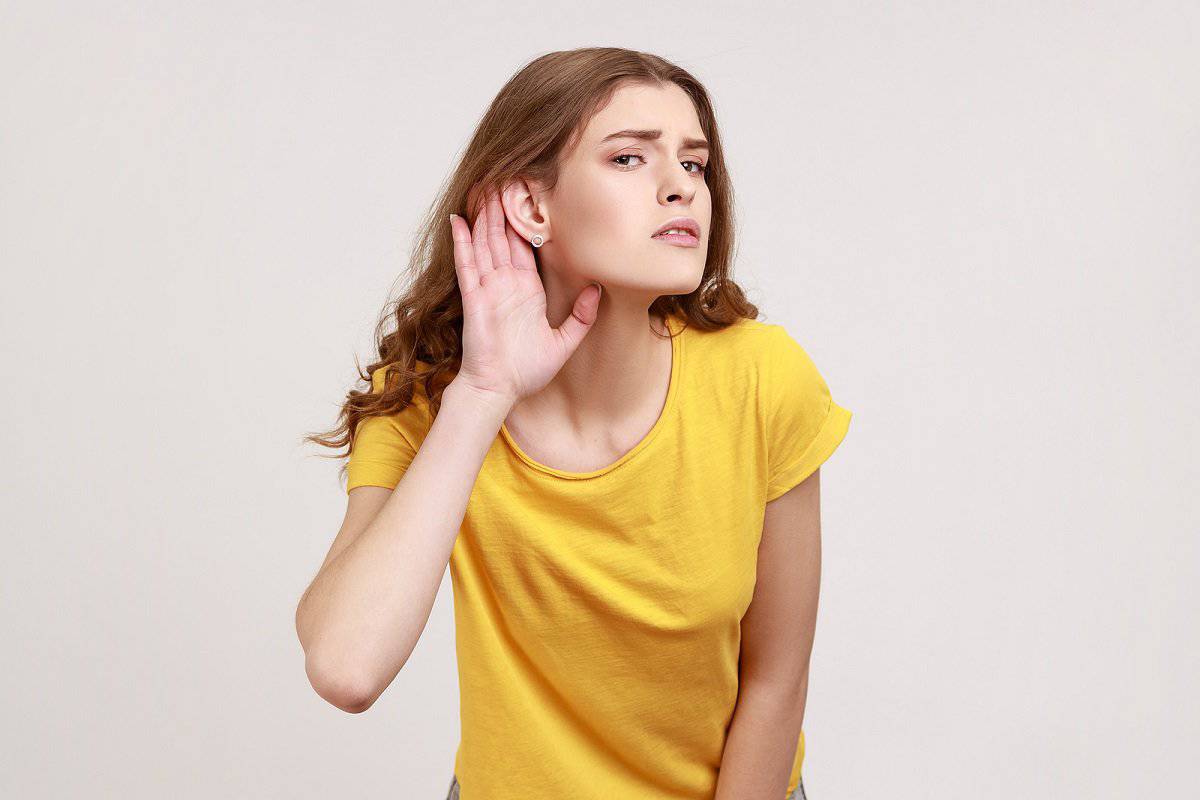Have you ever felt dizzy out of seemingly nowhere? Did it accompany nausea, vomiting, pressure in the ear and even some hearing loss? These attacks can feel mysterious; however, they clearly point to Meniere’s disease. This is a rare disorder but if it happens to you, you won’t soon forget the devastating results. Attacks can come from nowhere, difficult to predict when and how often they’ll occur, it affects roughly 615,000 people in the United States—about 0.2 percent of the population.
Meniere’s Disease is a disorder of the inner ear, can affect people of any age however the likeliness rises for those 40 and older- there is currently no pattern identified as to why the few who experience it do and there currently is no permanent cure only preventions for the frequency and reduction of symptoms.
Inner Ear Issues
First identified and named after the French physician, Prosper Meniere, in 1861 he identified a cluster of symptoms which were linked to the inner ear, rather than the brain, as previously believed. Symptoms include a sudden onset of dizziness and vertigo along with tinnitus, muffled hearing, pressure in the ear, and hearing loss. While our ears house the functions, which make it possible to hear, such as the eardrum, tiny bones called ossicles and the cochlea which house tiny cells which send sound information to the brain- by its side is the vestibular system, which relays the position of our head to our brain, helping to keep us upright and controlling our sense of balance.
Identifying Meniere’s Disease
This cluster of symptoms is often difficult to diagnose because they aren’t singularly unique. Not only that, but symptoms differ for everyone. While some experience hearing loss and tinnitus, others simply experience dizziness or nausea. While these symptoms may be present across several health conditions, it seems that uncertainty is what truly classifies Meniere’s. For some people, the first noticeable sign of Meniere’s is an episode of vertigo while for others it begins with a slow progression of hearing loss— vertigo developing later. Not only is it hard to pinpoint but it’s hard to predict when it will strike. While for some attacks may last 20 minutes, for others they continue for hours or even up to a day. Episodes often occur in clusters, while in other instances, they may come months apart to years, becoming more frequent as the disease progresses.
Possible causes of Meniere’s Disease
There is no solid scientific answer to what causes Meniere’s, however, many in the medical community believe it may be as simple as the buildup of fluids within the inner ears vestibular system impeding balance and hearing.
The ears require a precise amount of endolymph within the labyrinth of the inner ear –a fluid that normally circulates and stimulates receptors that signal information to the brain about body position and movement. Meniere’s, seems to cause an excess of endolymph within the membranous labyrinth, causing swelling and issues with the normal balance signals sent to the brain. Endolymph is also present in the auditory system which shares functions with the vestibular system. When a Meniere’s attack occurs, the cochlea becomes flooded, impeding sound vibrations from triggering sensory cells that communicate signals to the brain.
Treating & Managing the Symptoms of Meniere’s Disease
While cases of Meniere’s disease are rare, you’ll be relieved to discover that if you are affected, there are several treatments and protocols which can limit attacks and decrease their severity when they do occur. Since Meniere’s affects individuals in different ways, your physician will suggest a treatment plan based on your individual symptoms, medical history and lifestyle needs. Some of the most common methods for managing Meniere’s include:
- Medications to help with dizziness and shorten the attacks such as prescription antihistamines and anticholinergics, which may also cause drowsiness
- Anti-nausea medications
- Diuretics to limit the amount of fluid in the inner ear
- Recommended dietary changes, particularly limiting salt which helps reduce the body from retaining fluid. Avoiding caffeine and alcohol are also often recommended.
- Quitting smoking/not smoking
- Vestibular Rehabilitation Therapy (VRT), often accessed by psychical therapists to focus on exercises to improve balance issues
- Hearing aids to address any hearing loss
Addressing a Hearing Loss
If you are experiencing balance issues or symptoms of Meniere’s disease, it could be likely that your hearing is affected. To get to the bottom of these troubling symptoms, don’t hesitate to contact us today. We are equipped to test your hearing and help you find hearing technology solutions to help improve your personal safety and wellness.

